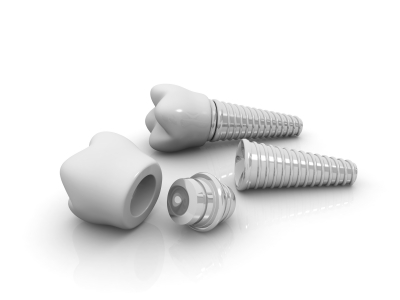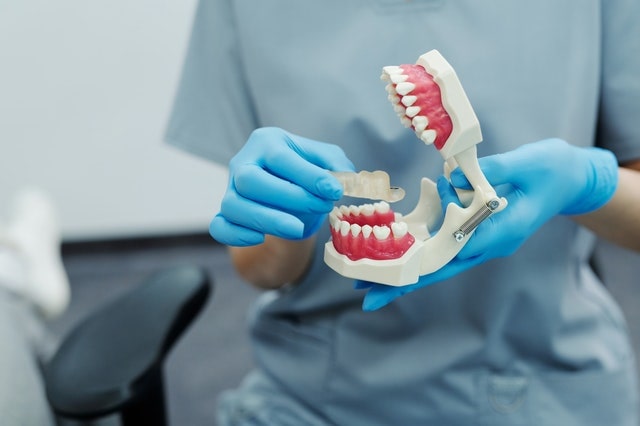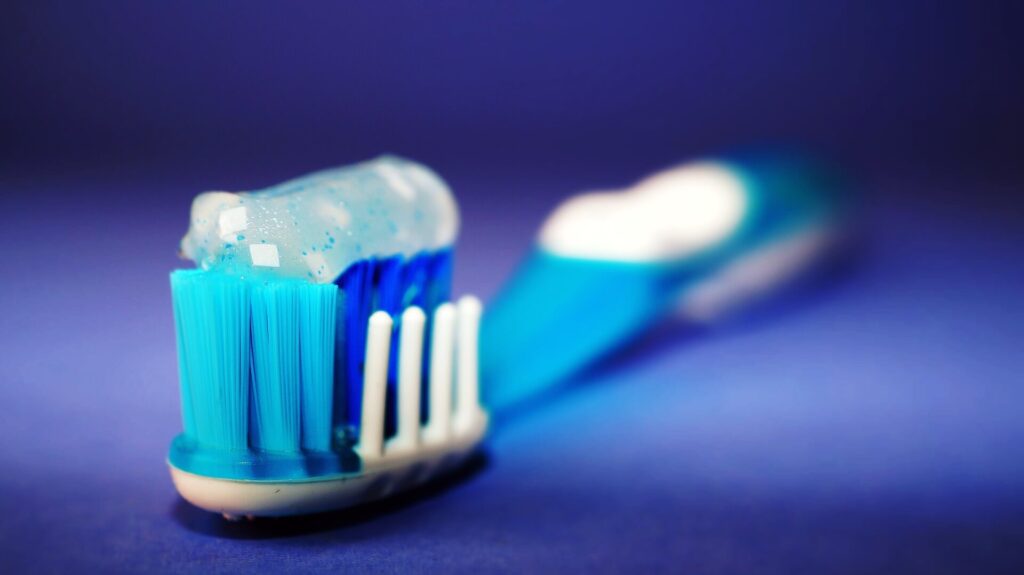What Are Dental Implants?
Dental implants are used to replace missing teeth, when a dental bridge is not an option. They consist of screw like fixtures that are inserted into the jaw, and a fake tooth is then screwed onto this device.Facts About Dental Implants
- Dental bridges are used when multiple teeth are missing or the jaw cannot support a single implant.
- An implant can fix speech impediments if the gap is the root cause.
- Every part of the tooth is replaced with an implant, including the roots.
Dental implants can literally change your life! They’ll do everything including:
- Fixing the problem they were prescribed to fix.
- Improve your ability to speak.
- Provide protection for your teeth.
- And more!
Dental implants – What are they?
What are the different benefits of dental implants?
Generally, dental implants in Edmonton are designed to do the following:
- Replace one or more teeth – The main function of dental implants, depending on the circumstance you may need either a single dental implant, bridge, or permanent dentures.
- Improve speech – If the gap is big enough, or your bite alignment is affected too much, you could have a speech impediment – The dental implant can fix this issue by closing the gap.
- Stop other teeth from moving – If you happen to lose a tooth, your other teeth may try to compensate by moving to close the gap over time. This is not good as it may compromise your teeth.
- Improved self-confidence – People often get very self conscious over their smile, having dental implants can greatly improve the aesthetics.
- Protection – If you have a broken teeth, or extra gum line showing from a missing tooth, an implant can help cover that gap which will help against further tooth decay.

Single Dental Implants
These dental implants consist of a screw base and a top that is made to resemble the patient’s original teeth. You will be a good candidate if you meet the following requirements:
- There is a 1 tooth-wide gap in your bite.
- You have a healthy supportive jaw structure.
Dental Bridge
- 2 or more teeth missing.
- Insufficient jaw bone health.
Permanent Dentures
- Are missing many teeth.
- Have jawbones with poor health.
- Don’t have remaining teeth that will support a bridge.

Are dental implants worth it?

Dental Implants – Aftercare
Frequently Asked Questions – Dental implants
Yes! Your implants can still get dirty with bacteria and food particles which can promote tooth decay.
It depends on the implant. If you need a single implant or permanent dentures, then you will need surgery for the screws of the implant. These screws are made out of titanium and shouldn’t cause any concern for health issues.
Check with your dentist first, you should be able to resume your normal diet. However, you should attempt to stay from overly hard or sticky foods just in case.
You may be able to get partial dentures. These will only cover part of the jaw and here is more maintenance than implants.
